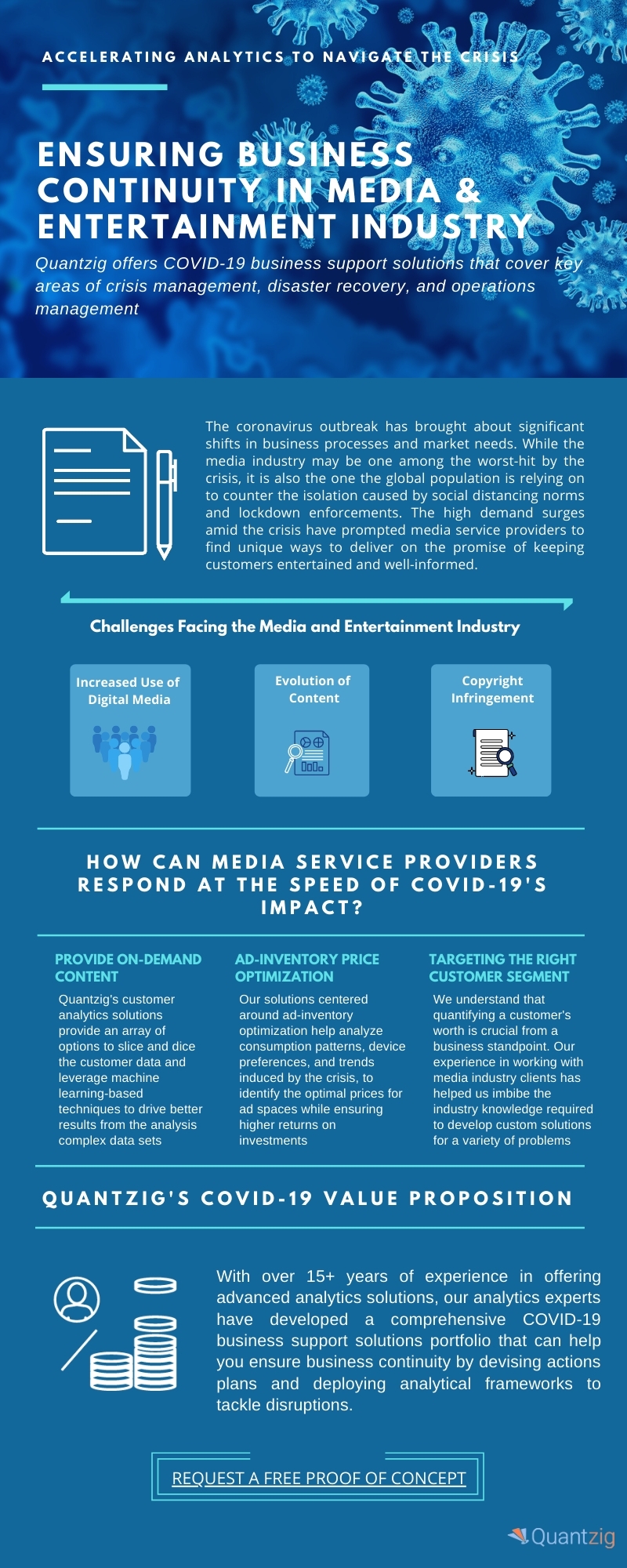Rise by Six: Your Daily Dose of Inspiration
Explore insights and stories that elevate your day.
Behind the Screens: What's Next for Hollywood
Uncover Hollywood's secrets and discover what's next for the film industry in this eye-opening blog! Don't miss the future of entertainment!
The Future of Streaming: How Digital Platforms Are Reshaping Hollywood
The future of streaming is rapidly transforming the traditional landscape of Hollywood, as digital platforms continue to emerge and evolve. With the rise of services like Netflix, Amazon Prime, and Disney+, the entertainment industry is experiencing a shift in how content is produced, distributed, and consumed. Audiences now demand instant access to a diverse library of films and television shows, leading to an increase in competition among streaming services to deliver high-quality original programming. As a result, content creators are exploring innovative storytelling methods to engage viewers, while also prioritizing inclusivity and representation in their projects.
Furthermore, the impact of streaming extends beyond just content availability; it is also reshaping the economics of the film industry. Traditional box office metrics are being challenged by digital metrics that prioritize viewer engagement and subscription retention over merely ticket sales. This has led to changes in funding models and marketing strategies, with creators utilizing social media and influencer partnerships to promote their projects. As the streaming revolution continues to unfold, it is clear that Hollywood must adapt to the evolving expectations of audiences who seek personalized and accessible entertainment experiences.

From AI to VR: Emerging Technologies That Will Transform Filmmaking
The film industry is on the brink of a major revolution, driven by emerging technologies like Artificial Intelligence (AI) and Virtual Reality (VR). These advancements are reshaping traditional filmmaking, enhancing storytelling and viewer engagement. AI is streamlining pre-production processes, from script analysis to casting decisions, allowing filmmakers to harness data-driven insights for better creative outcomes. In production, AI tools can automate labor-intensive tasks such as scene editing and color correction, significantly reducing time and costs while ensuring a polished final product.
Meanwhile, Virtual Reality (VR) is redefining how audiences experience narratives. With immersive storytelling techniques, filmmakers can transport viewers into the heart of the action, fostering a deeper connection to the story and characters. As these technologies continue to evolve, we can expect a new array of storytelling possibilities, including interactive narratives, where the audience influences the direction of the plot. The integration of AI and VR not only enhances the creative process but also marks a significant milestone in the evolution of cinema, promising to transform filmmaking as we know it.
What Do Audiences Really Want? Trends Shaping the Next Era of Entertainment
The landscape of entertainment is evolving rapidly, and understanding what audiences really want is crucial for creators and marketers alike. Modern viewers are increasingly drawn to personalized experiences that resonate with their individual preferences. According to recent trends, audiences are favoring immersive storytelling that includes interactive elements, making content more engaging. As traditional formats give way to innovative platforms, the demand for diverse narratives that reflect varied cultural backgrounds has soared. This shift not only enhances relatability but fosters a sense of community among viewers, indicating a more participatory era in entertainment.
Another pivotal trend reshaping the entertainment industry is the influence of technology on consumption patterns. With the rise of streaming services and mobile applications, audiences are seeking convenience and accessibility. This has led to a growing appetite for content that can be enjoyed on-the-go, highlighting the importance of adaptability in creation. Moreover, the integration of augmented reality (AR) and virtual reality (VR) into experiences is captivating consumers, illustrating their desire for awe-inspiring visuals and interactivity. Ultimately, by embracing these technological advancements and prioritizing audience engagement, creators can effectively meet the evolving demands of entertainment seekers.